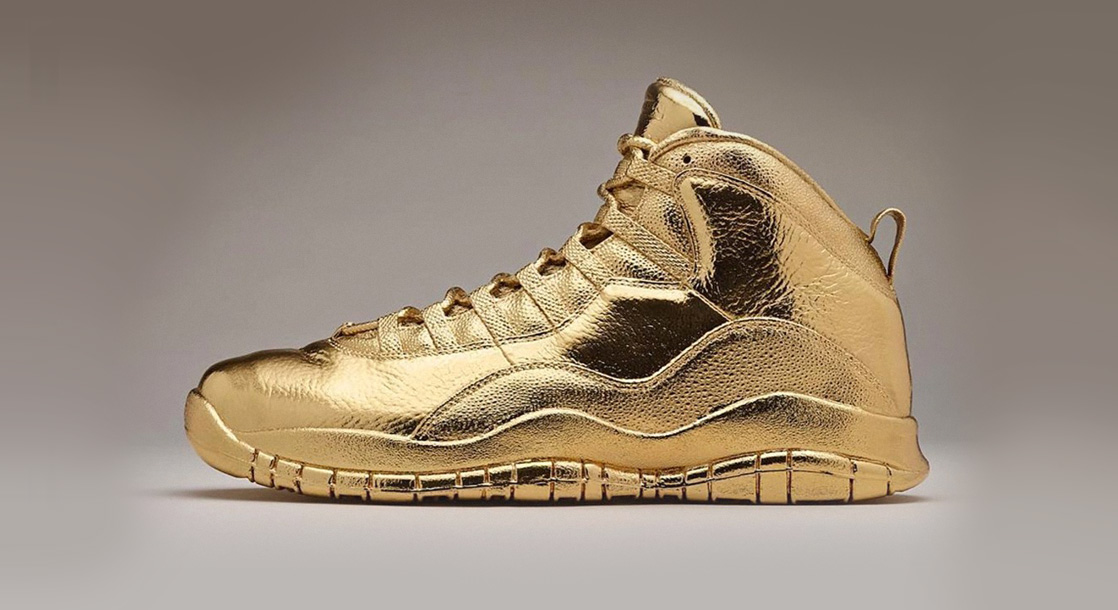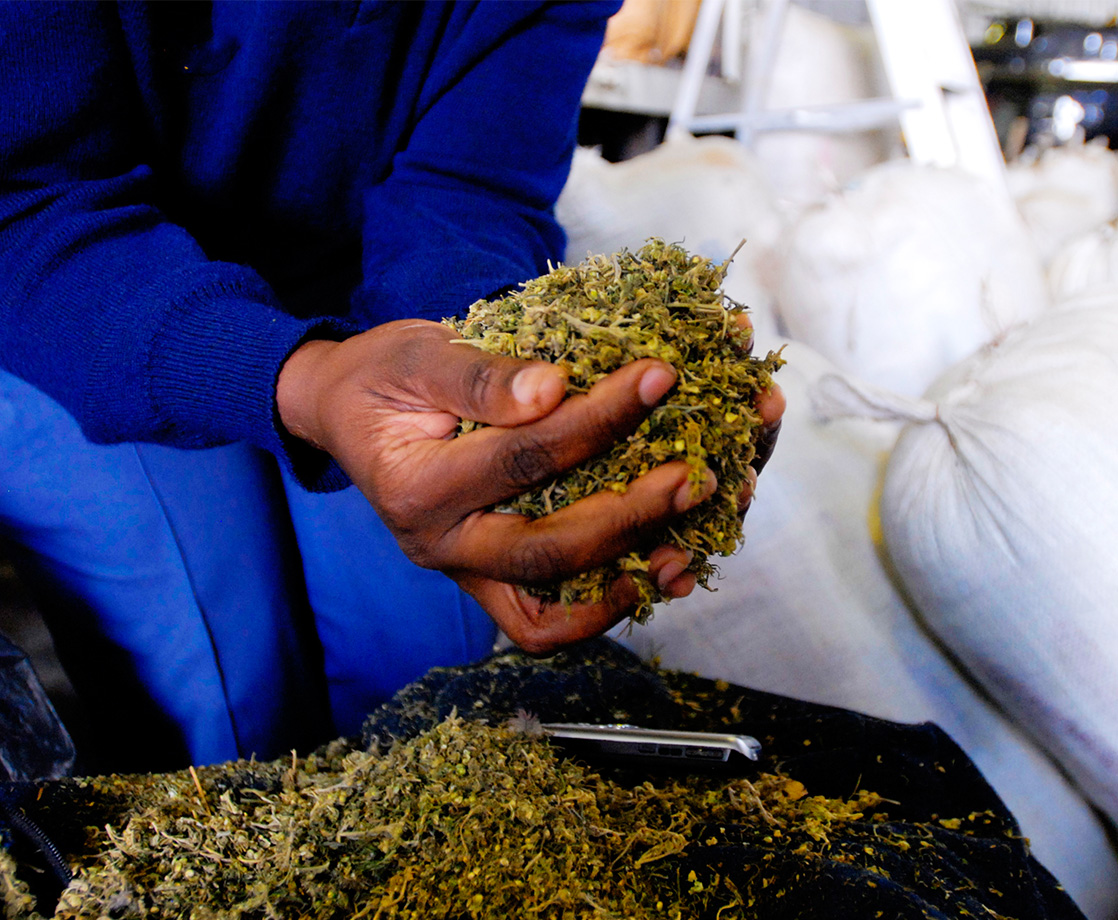Image via
A federal judge has placed nearly half of New York’s adult-use cannabis licenses on hold after businessmen from California and Michigan challenged the state’s residency requirements.
As part of its unique social equity program, the Empire State exclusively reserved its first 150 Conditional Adult-Use Retail Dispensary (CAURD) licenses for New Yorkers with cannabis offenses on their criminal records. To be eligible for this initial round of licenses, applicants must be based in New York and must also have been convicted of a non-violent weed-related crime in their home state. The winning applicants will receive support from a $200 million Social Equity Cannabis Investment Fund set up by Gov. Kathy Hochul this year.
Variscite NY One Inc., a new startup founded by Michigan resident Kenneth Gay and California resident Jeffrey Jensen, was one of 900 businesses that applied for these 150 licenses. The New York Office of Cannabis Management (OCM) denied Variscite’s application because Gay, who has a 51% ownership stake in the company, does not have “a significant New York state presence,” the Times Union reports. And although Gay does have a prior cannabis conviction on his record, those charges are from Michigan, not New York.
Variscite filed a federal lawsuit arguing that New York’s eligibility requirements violate the US Constitution’s dormant commerce clause, which prevents states from adopting “protectionist measures” that interfere with interstate commerce. Multistate cannabis companies successfully use similar lawsuits to force their way into adult-use states that enforce residency requirements. So far, federal courts have issued preliminary injunctions blocking Maine, California, Michigan, Missouri, and Illinois from reserving licenses for their own residents.
Now, New York has joined the list. Last week, US District Senior Judge Gary L. Sharpe granted Variscite a temporary injunction in the case. This injunction temporarily prevents the state from issuing any adult-use retail licenses in the five regions of the state where Variscite hoped to do business: the Finger Lakes, central and western New York, mid-Hudson Valley, and Brooklyn. This puts around 63 of the state’s retail dispensary licenses on hold, further delaying the state’s already-delayed legal weed rollout.
Fortunately, regulators can issue the remaining 87 retail licenses in the nine state regions unaffected by the injunction. Sharpe’s ruling has suggested that the court will ultimately rule in Variscite’s favor, which sets a precedent allowing more out-of-state businesses to sue for the right to take licenses away from native New Yorkers.
Sharpe wrote that the company is “likely to succeed on the merits of their claim” and would potentially face irreparable harm if it did not receive one of the first licenses, “even if it could join the cannabis market at a later date,” the Times Union reports. “The balance here tips in favor of Variscite, given that OCM has not begun issuing licenses, and will not begin issuing licenses until, at the earliest, (Nov. 21).”
The OCM has not commented on the ongoing case but said it will approve the remaining license applications at its next meeting.











